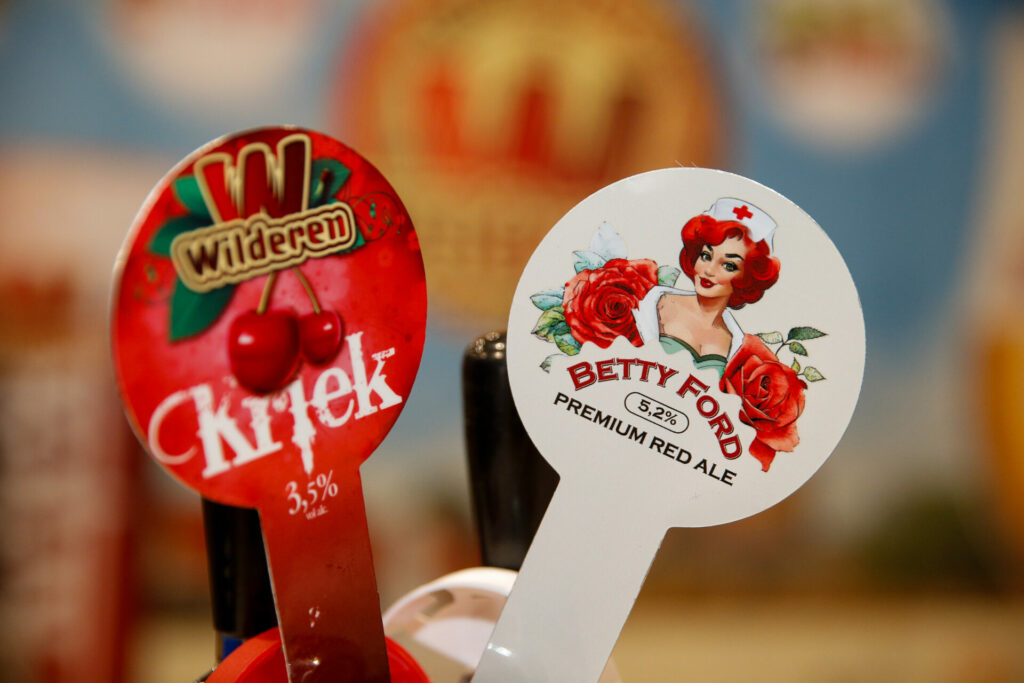Let’s face it: beer isn’t everyone’s cup of tea. Blondes, browns, stouts, IPAs, sours, dubbels, tripels– for some, nothing appeals. Belgium is a paradise for hop lovers but a potential hell for those who simply don’t enjoy beer.
But if you know where to look, there are plenty of refreshing alternatives.
Belgian wines
Belgium has a surprisingly strong offer of wines, which has only grown in recent years. Last year, Belgian wine production hit its highest ever levels on the back of favourable weather conditions.
Belgian vintners mostly specialise in sparkling white wines, producing 1.4 million litres were produced last year. Belgium also has plenty of white wine as well as some red wines – which grew 200% in 2022.
Belgium’s wine regions became protected designations of origin (PDOs) in 1997, to recognise their quality and territory. Hageland wine, Hapsengouw wine, Heuvellandse wine, Côtes de Sambre et Meuse and Maasvallei Limburg all have protected status.

Sparkling wine from Chant d'Eole vineyard in Quevy-le-Grand (near Mons). Credit: Belga/ Eric Lalmand
Vineyards mostly cultivate Chardonnay, Auxerrois, Bacchus, Pinot Gris, and Riesling grapes. 90% of production is white wine and they are said to be reminiscent of white Bourgogne region wines. Belgian Chardonnays have scored well with international critics.
To sample some of the best wines in Belgium, check out “Popss: Le comptoir des vignerons belges” in Ixelles. Alternatively, head out to one of Belgium’s wine regions and enjoy a day of wine tasting.
Jenever/Pèket
Also known as Dutch gin (but not exclusive to the Netherlands), Belgium has been brewing Jenever for over 500 years. Belgian jenever is now a Protected Product of Origin, much like Champagne or Parmesan cheese. Some of the world’s best jenevers are made in Hasselt, Deinze, Aalst, and Liège.
Jenever is traditionally put into distinctive clay bottles and drunk from chilled glasses filled to the brim, sometimes in the shape of a tulip. The first sip is usually taken with the glass still on the table.
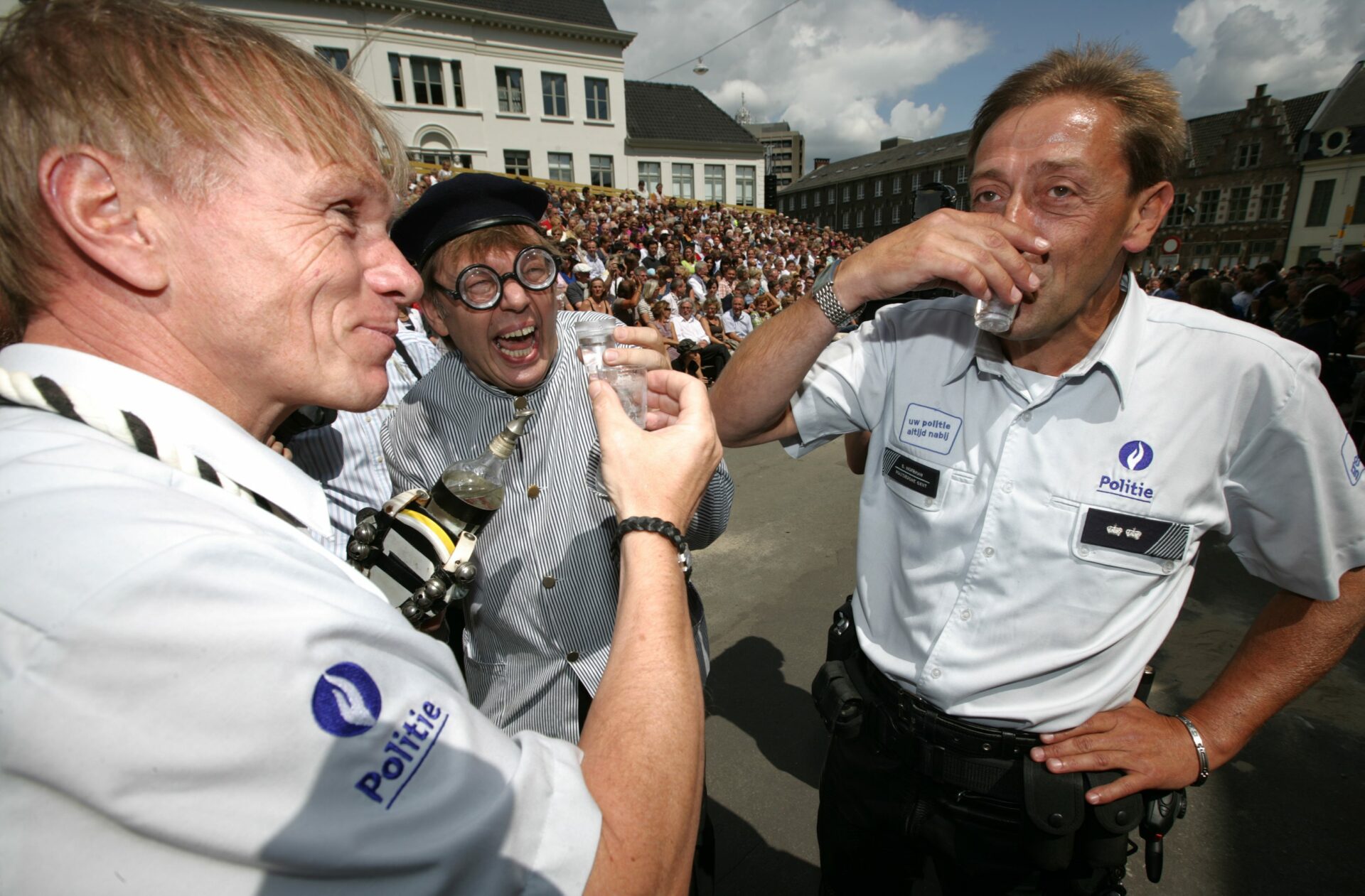
Gentse 'flikken' police officers drink jenever (genievre), on the opening day of the Gentse Feesten city festival in Gent, Saturday 18 July 2009. Credit: Belga/ Lieven Van Assche
The liquor, typically with an ABV of between 15% (for Jonge variants) and 35% (typically for Oude types), is flavoured with juniper. Jenever predates gin, despite their similarities. Gin was developed in Britain following the introduction of Dutch/Belgian jenever.
The drink was traditionally drunk for its reported medicinal properties. Jenever was a popular drink across what is now Belgium, and features in many traditional plays and books from the time.
Pèket is Wallonia’s answer to Flanders’ jenever culture. Very similar to the classic Flemish drink, Pèket is an eau de vie aromatised with juniper berries. The word Pèket originates from the old Wallon word for “prickly”, perhaps in reference to its sharp mouthfeel.
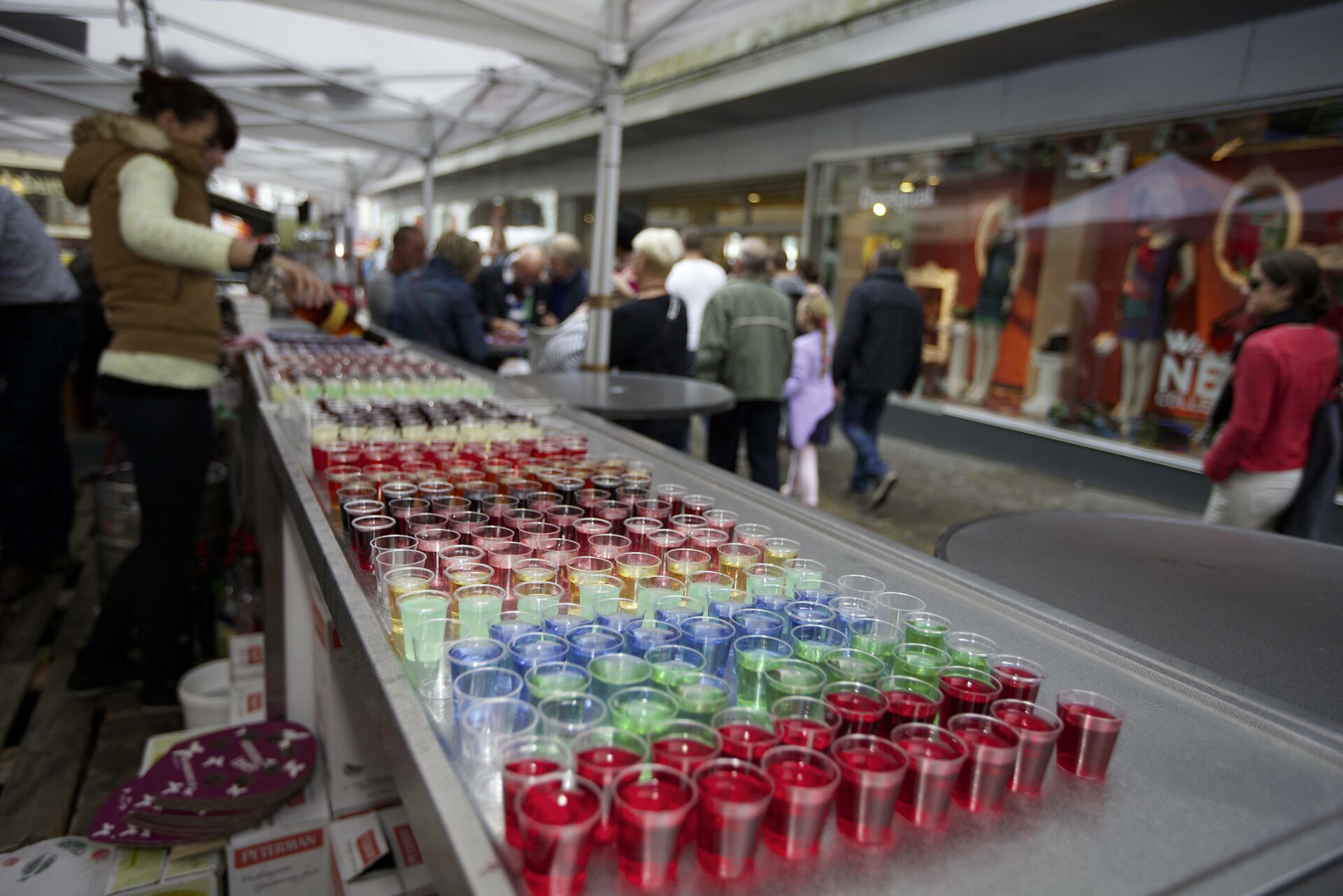
Illustration shows glasses of several perfumed péket in the streets during a celebrations in Wallonia. The strong spirit is traditionally made from juniper berries and is often flavoured. Credit: BELGA PHOTO/ NICOLAS MAETERLINCK
The Walloon liquor is specifically distilled in the regions near to the river Meuse. On festive occasions, stalls sell many small glasses of the locally produced liquor to patrons, some even coloured and flavoured. Pèket is most commonly consumed each 15 August in Liège and during the Walloon Festivities in Namur.
Black Russian (it’s Belgian!)
Yes really, this iconic cocktail is in fact a Brussels creation. The drink is said to have first been made in the capital in 1949 by Belgian bartender Gustav Tops, who made it in honour of the US ambassador to Luxembourg. (Russia’s famous “Olivier salad” was also invented by a Belgian.)
The cocktail contains vodka and Kahlúa coffee liqueur, which is produced in Veracruz Mexico. The only thing Russian about the drink is the vodka. Given international sanctions, even this is unlikely to be from Russia.
To make your own Black Russian, shake together vodka and the Kahlua, and serve the drink on the rocks in an old-fashioned glass, straight-up, without garnishes.
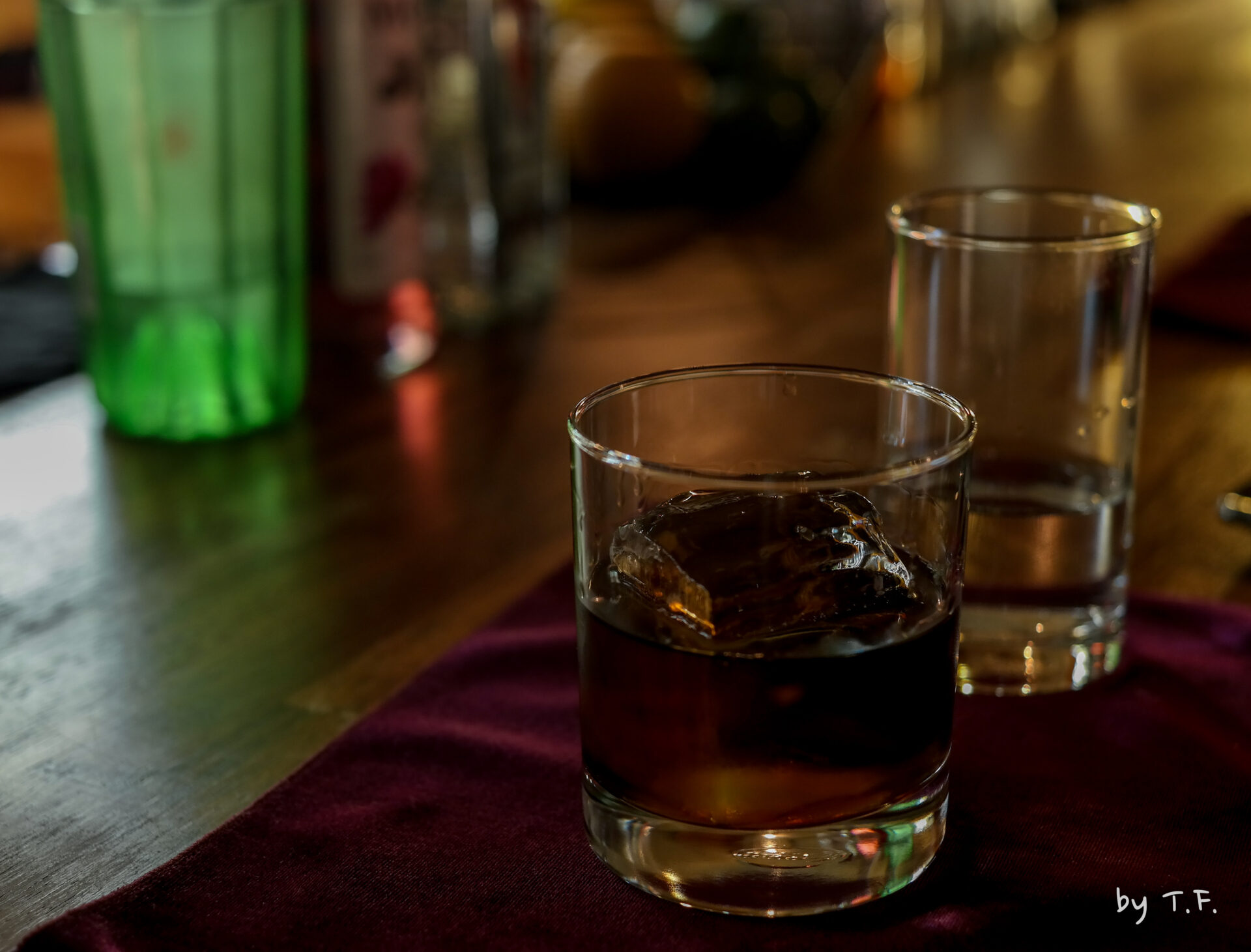
Credit: TFurban/Flikr
When served in a highball glass with cola it becomes a “Dirty Black Russian". Other adaptations include a Black Magic, Brown Russian, or California Russian.
The most legendary place to drink a Black Russian was at Brussels’ Hotel Métropole but this is sadly closed following its sale and many of the Belle-Époque items went up for sale. It should open again sometime in 2025 but in the meantime check out Le Réservoir Bar in Brussels’ Marolles neighbourhood.
Belgian Cider
Perhaps even less known than Belgium's domestic wine production, Belgian ciders are not to be overlooked. Belgians traditionally drink very little cider but this has changed in recent years due to increased production and smarter branding.
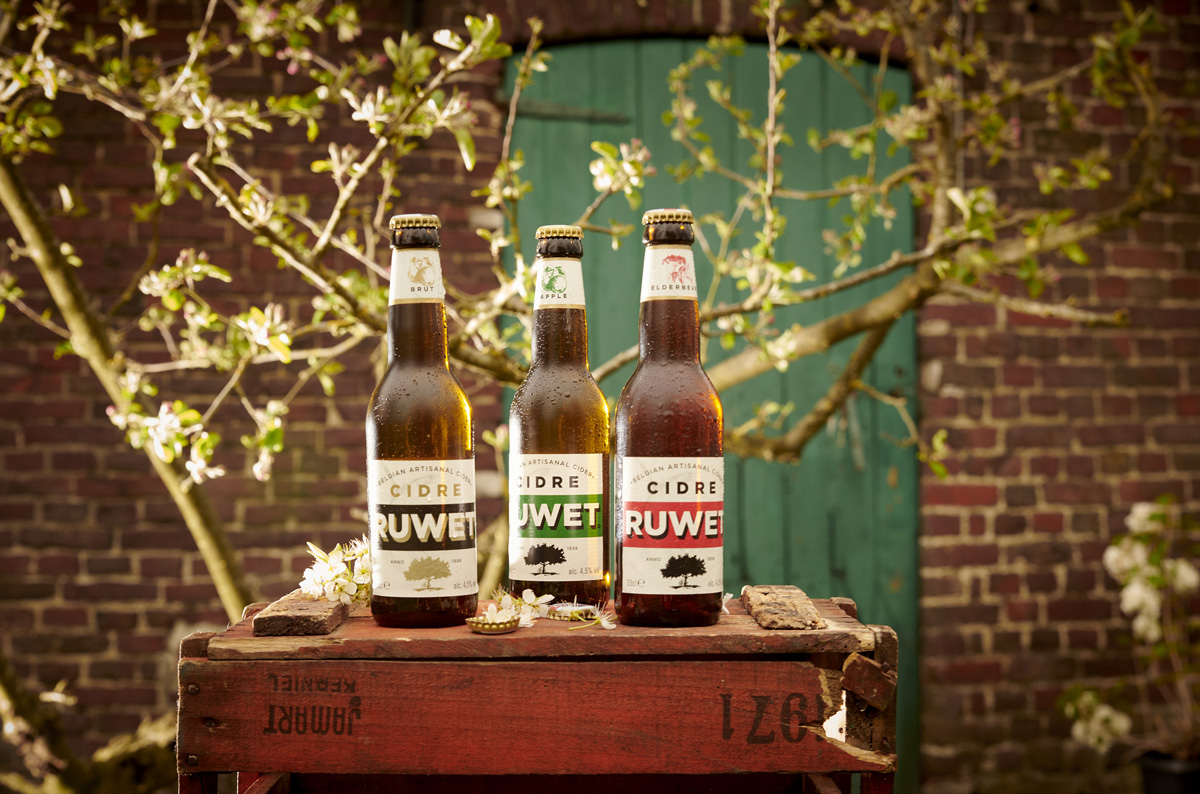
Credit: Cidrerie Ruwet
According to the owners of organic cider producer Wignac – now one of Belgium's most popular producers – cider production in Belgium increased by 276% in 2015-2016 and continues to do so. Wignac makes an array of sweet and dry bottled ciders in the Ardennes region.
These are increasingly prevalent in bars and are a move away from the large champagne-style bottles once found exclusively in Breton crêpe restaurants. Another established producer is Ruwet, which has been making cider from Thimister-Clermont in Wallonia since 1898.
There are now even whole bars dedicated to cider, offering both Belgian and international ciders on tap. Cider-lovers should sprint to JORAN Cidrothèque in the Brussels municipality of Schaerbeek to sample a flight of Belgian and continental ciders.
Related News
- Record year: Belgian wine production higher than ever in 2022
- Best in Town: Top terraces for a drink in Brussels
Kriek
Yes, it’s technically still beer. But Kriek is versatile in itself and is made by fermenting sour cherries with beer, typically Belgian Lambic. This traditional form of Kriek was brought to Brussels from Flanders and popularised by the bourgeoisie. This classic Kriek is still a beer but without the bitter taste that some find unpleasant.
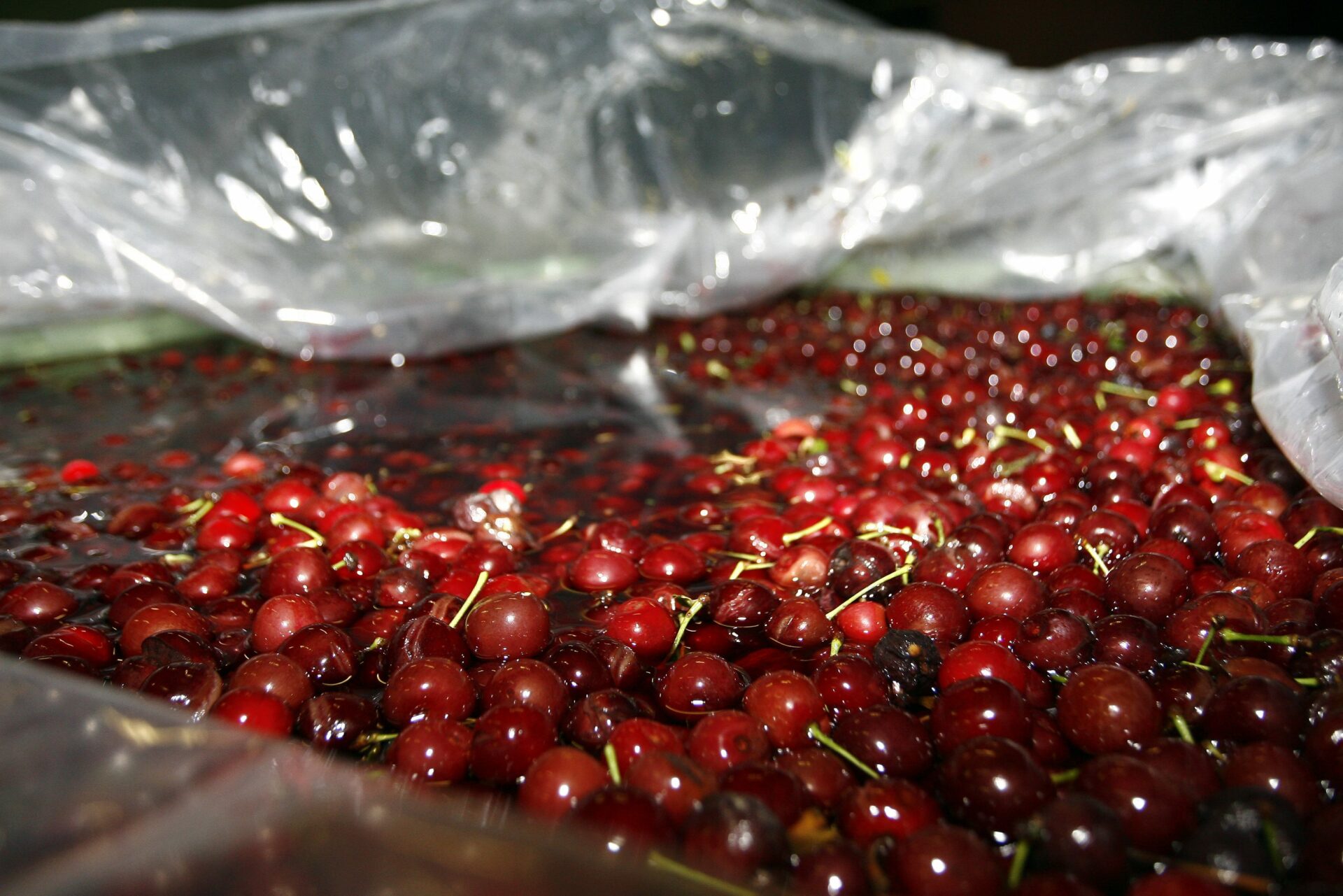
Sour cherries used in the production of cherry beer: Kriek Credit: Belga/ Peter Deconinck
An “Oude” (Old) form of Kriek was typically made with Schaarbeek sour cherries. Nowadays, it is more commonly made with Gorsem cherries grown in Tienen and Sint-Truiden in Flanders. This version undergoes an extensive fermentation process and comes in champagne-style bottles. 350g of fruit goes into just one litre of beer. The resulting taste is strong and complex.
The thirst for Kriek soared after World War 2, leading to a whole range of “commercial” Krieks, which tend to be sweeter. These can be found everywhere, with leading brands such as Lindemans, Belle-Vue, Mort Subite, Boon, and Timmermans. Even sweeter variants are marketed with the word “extra”, “premium”, or “Xtreme” to denote their additional sweetness.

Credit: Belga/ Peter Deconinck
One of the best Krieks in Brussels can be found on tap at the Delirium Village, just off the Grand Place. Floris Kriek is brewed by Brouwerij Huyghe in the city of Melle in East Flanders, who also brews the famous Delirium Tremens. At just 3.6% it is less potent than most national beers and the taste is more akin to a cherry smoothie. While it is made with a wheat beer base, it can hardly be tasted.
Flavoured beers
Beer again, but it needn’t be bitter. Besides Kriek, several breweries produce beers flavoured with apple, strawberry, raspberry, peach, and even chocolate. Lindemans Tarot d’Or incorporates mango, lime, and honey melon. Similarly, Hoegaarden produces an array of “radler” style rosée beers, flavoured with fruits and sugar.
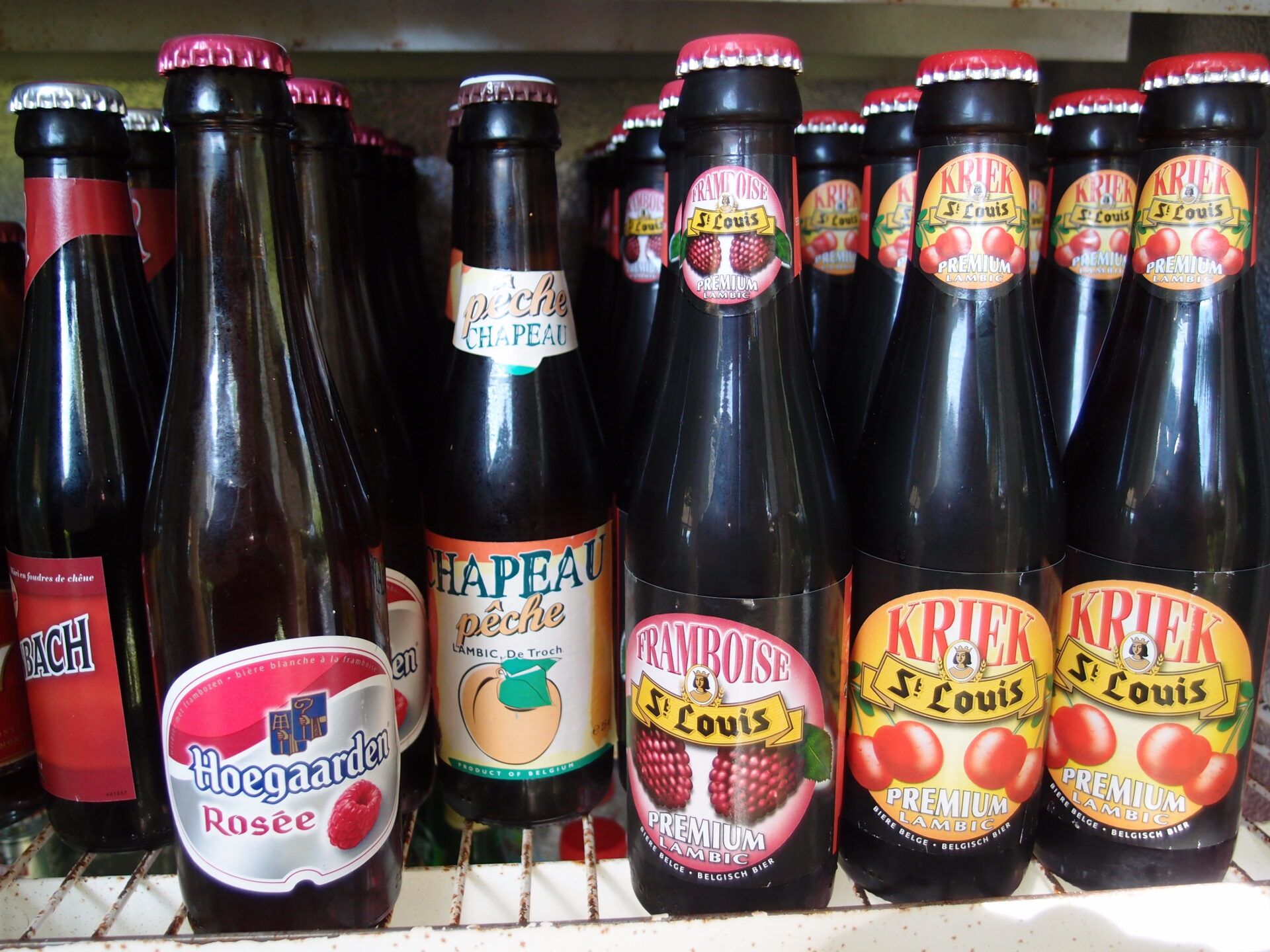
Credit: Gordito1869/Wikimedia Commons
Even more interesting are a selection of blonde beers made from bananas by the Huyghe Brewery. This “exotic beer” uses organic bananas for the fermenting process and is said to be popular near Christmas time. Other curiosities include coconut, mango, and other sweet fruity beers.
In Brussels, rosée, sweetened, or light beers are popular choices on outdoor terraces during the (rare) hot summer months.

